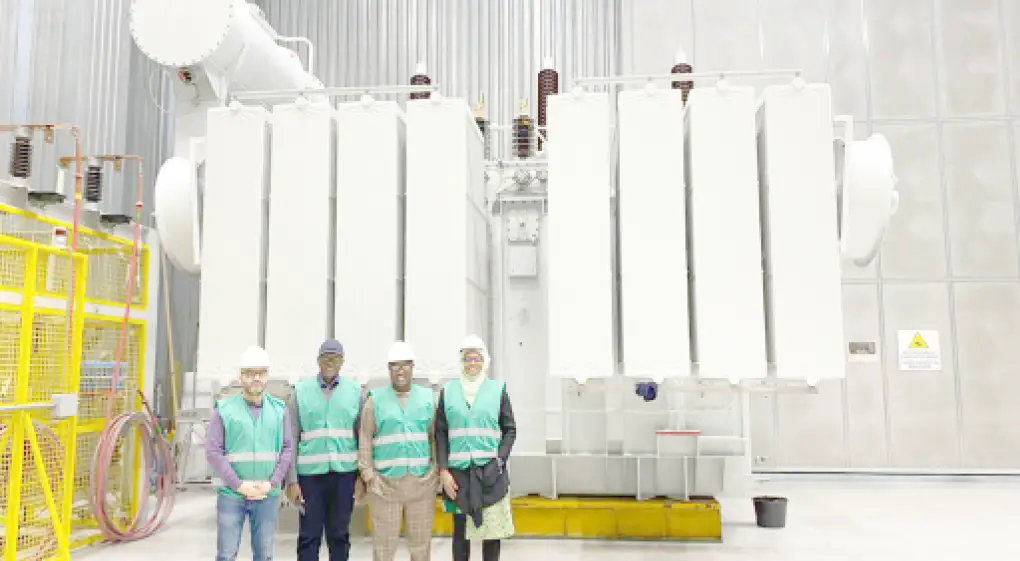With just 30 days to the end of the second and final tenure of President Muhammadu Buhari on May 29, the Siemens Presidential Power Initiative (PPI) to raise the national electricity grid to 7,000 megawatts (MW) by 2021 in the first phase has failed and a further plan to reach 11,000MW this year is at stake.
Daily Trust Saturday recalls that when the idea of the projected was announced, millions of Nigerians had a sigh of relief, considering that it was like a bilateral project between the governments of Nigeria and Germany.
After the signing of the agreement, some observers noted that the Siemens project might likely demystify the jinx in the Nigerian electricity sector, considering that the company had a reputation and had delivered similar or bigger projects around the world.
But in the course of doing this story, pundits in the power sector told our reporter that while there might be blame game on why the project could not be delivered as expected, the Nigerian factor, where forces from within could have sabotaged the project, should not be ruled out.
You’re lying, Labour Party hits back at Buhari over election comment
Watching the watchdog: Newspapers get Ombudsman
Although officials argue that a lot of work is ongoing behind the scene, Nigerians who spoke on the situation said they were yet to see any impact of the Siemens deal on the grid, except the 60MVA power transformer delivered to Apo transmission substation in Abuja and energised recently.
Nigerians have been grappling with power outages for decades, a development that makes the business environment unfriendly and job creation nearly a nightmare.
Governments, over the years, had invested trillions of naira in the power sector, but it is very unlikely to see any part of the country that records 24-hour electricity supply.

